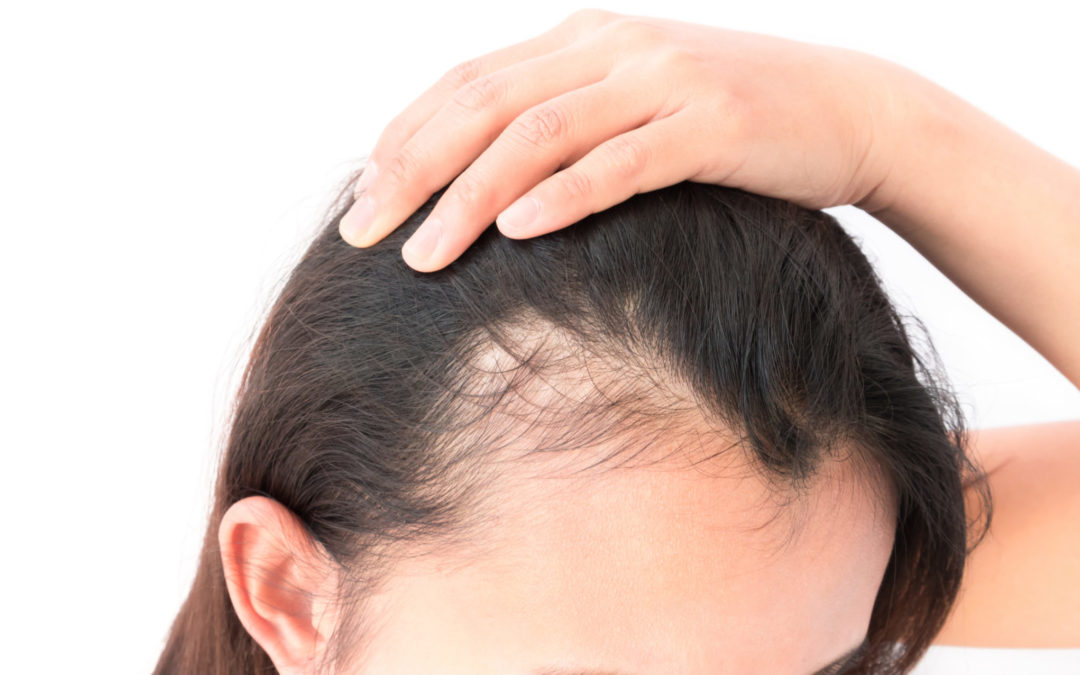Taking a DHT (dihydrotestosterone) blocker can lead to a reduction in hair loss, an increase in hair growth, and potentially an improvement in hair thickness for individuals experiencing androgenetic alopecia, also known as male or female pattern baldness. DHT is a hormone derived from testosterone, known to contribute to hair loss by shrinking hair follicles. By inhibiting the body’s production or action of DHT, these blockers can effectively combat hair thinning and loss. However, the use of DHT blockers can also come with potential side effects, particularly with oral medications, highlighting the importance of understanding both the benefits and risks involved.
The Effects of DHT Blockers on Hair Loss
1. Slowing Hair Loss: One of the primary effects of taking a DHT blocker is the slowing or halting of hair loss. By reducing the levels of DHT that can bind to receptors in hair follicles, DHT blockers can prevent the follicle miniaturization responsible for hair thinning and loss.
2. Promoting Hair Growth: With the reduction in DHT’s harmful effects on hair follicles, some individuals may notice regrowth in areas that had begun to thin. This effect can vary significantly from person to person and is more likely when the treatment is started early in the hair loss process.
3. Increasing Hair Thickness: Besides slowing hair loss and encouraging regrowth, DHT blockers can also contribute to the overall health and thickness of existing hair. By preventing the shrinking of hair follicles, the hair that remains can appear fuller and more robust.
Potential Side Effects and Considerations
While DHT blockers are effective for many users, they are not without potential side effects, especially with systemic treatments such as oral medications:
1. Sexual Side Effects: Particularly in men taking oral DHT blockers like finasteride, some may experience decreased libido, erectile dysfunction, or other sexual side effects. These issues are generally reversible upon discontinuation of the medication.
2. Impact on PSA Levels: Finasteride, a common DHT blocker, can affect PSA (prostate-specific antigen) levels, which are used to screen for prostate cancer. It’s important for men taking these medications to inform their healthcare providers.
3. Hormonal Changes: Since DHT is involved in many body processes, altering its levels can lead to various hormonal changes and side effects, underscoring the need for medical supervision when using these treatments.
4. Pregnancy and Breastfeeding Concerns: Women of childbearing age should exercise caution when considering DHT blockers, especially finasteride, due to potential risks to a male fetus. Always consult with a healthcare provider for guidance.
Natural DHT Blockers
For those concerned about the side effects of synthetic DHT blockers, natural alternatives like saw palmetto, pumpkin seed oil, and green tea extract may offer a gentler approach. While these options are generally considered safer, their efficacy can be less predictable, and they might take longer to show results.
Conclusion
Taking a DHT blocker can significantly impact individuals struggling with hair loss due to androgenetic alopecia, offering a pathway to reduced hair loss, regrowth, and improved hair health. However, it’s essential to approach these treatments with a clear understanding of potential side effects and under the guidance of a healthcare professional to ensure they align with your overall health and wellness goals. Whether choosing synthetic or natural DHT blockers, careful consideration and monitoring can help maximize benefits while minimizing risks.
